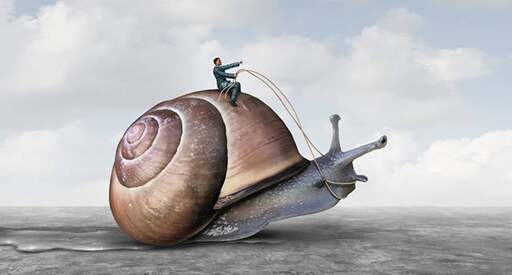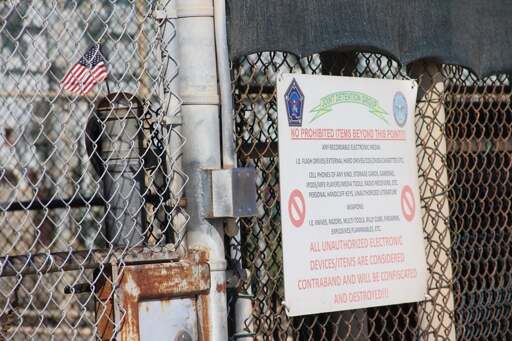Seriously. “Esprit de corps”? Where the hell did he get that from? He blamed everything on Biden and it didn’t make any sense, but that’s not anything new, that’s what won him the election.
World News @quokk.au South African police minister suspended over corruption allegations
World News @quokk.au Russia's summer offensive has fallen 'far short of expectations,' Zelensky says
US News @ponder.cat A heat wave hit New England’s grid. Clean energy saved the day.
Technology @beehaw.org xAI explains the Grok Nazi meltdown as Tesla puts Elon’s bot in its cars
World News @quokk.au 'Impeccable results' — New Skynex video shows Ukrainian forces destroying Russian drones with German gun
World News @quokk.au Russia blames Western sanctions for collapse of UN food deal
World News @quokk.au Ukraine's top anti-corruption activist faces charges in case his team calls political vendetta
World News @quokk.au Ukraine introduces drone simulators and tactical medicine in school training
US News @ponder.cat Water Utility Says It Can’t Meet Demand for Alabama Data Center Without ‘Significant Upgrades’
Fuck AI @lemmy.world AI coding tools make developers slower, study finds
You Should Know @lemmy.world YSK: If you set up a Lemmy instance, and follow the Docker setup instructions to the letter, it will send lemmy.ml your admin password during the setup process (Edit: Not anymore, it’s fixed now)
Technology @lemmy.zip Europe on a Roll: Plans Open Source Alternative to Confluence and Jira
Legal News @lemmy.zip Texas Mid-Decade Redistricting and DOJ Letter
World News @quokk.au Trump’s African summit was a masterclass in modern colonial theatre
US News @ponder.cat ICE is now hunting for clergy members willing to work in Guantánamo Bay
World News @quokk.au The South Caucasus is slipping from Russia’s grasp
Technology @beehaw.org At last, a promising use for AI agents: crypto theft
World News @quokk.au Defund universities that allow anti-Semitism, says Australia envoy
World News @quokk.au EU suspends Ukrainian language interpreter suspected of spying on Zelensky for Russia
World News @quokk.au UK parliamentary committee seeks answers over US firm BCG’s role in Gaza



















Pretzlcoatl